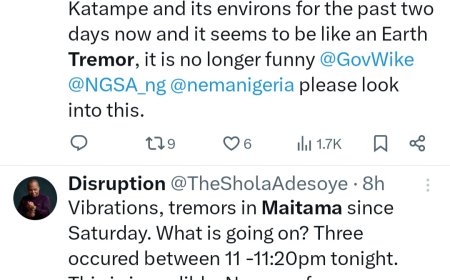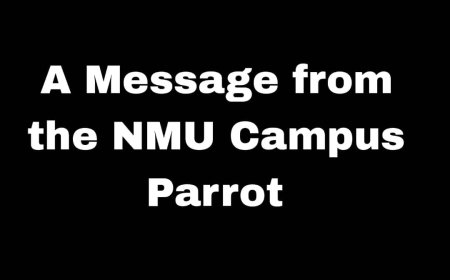4 signs and symptoms of silent heart attack
Silent heart attacks, often unnoticed, can be as dangerous as traditional heart attacks. They may cause minimal or no chest pain, making them difficult to recognize. Common signs include chest discomfort, body pain, dizziness, nausea, and cold sweats. Prevention involves a healthy lifestyle, including regular exercise, a balanced diet, weight management, stress reduction, and regular medical checkups.

Silent Heart Attacks: A Stealthy Threat
Silent heart attacks, while often unnoticed, pose a serious threat to health. Unlike traditional heart attacks, they may cause minimal or no chest pain, making them difficult to recognize. These attacks occur when blood flow to the heart is blocked, typically by substances like fat and cholesterol.
Recognizing the Signs of a Silent Heart Attack
While silent heart attacks may not always present with the classic chest pain associated with traditional heart attacks, there are other subtle signs to watch for:
Chest Discomfort: Even mild pressure, fullness, or discomfort in the center of the chest can be a warning sign.
Body Pain: Pain in the arm, back, jaw, or stomach can sometimes indicate a silent heart attack.
Dizziness or Shortness of Breath: These symptoms, especially when accompanied by difficulty breathing after simple activities, may be a cause for concern.
Nausea and Cold Sweats: Waking up with unexplained nausea or cold sweats can also be a sign of a silent heart attack.
Prevention is Key
To reduce the risk of silent heart attacks, it's essential to adopt a healthy lifestyle. This includes:
Regular Exercise: Aim for at least 30 minutes of moderate-intensity exercise most days of the week.
Healthy Diet: Focus on fruits, vegetables, whole grains, and lean proteins. Limit saturated and trans fats, as well as sodium.
Weight Management: Maintain a healthy weight to reduce the strain on your heart.
Stress Management: Practice relaxation techniques like meditation or deep breathing to manage stress.
Regular Checkups: Schedule regular appointments with your doctor for screenings and to discuss your risk factors.
By being aware of the signs of a silent heart attack and taking proactive steps to maintain your health, you can significantly reduce your risk of this potentially serious condition.
What's Your Reaction?









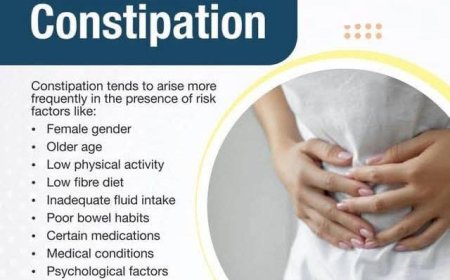
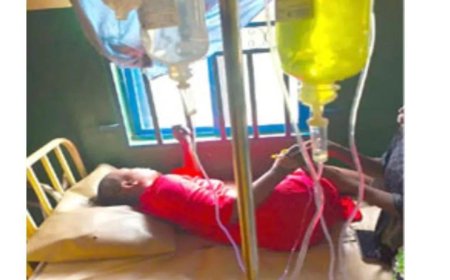










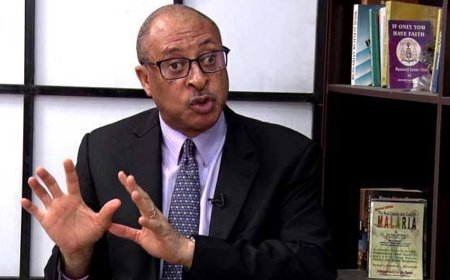













![Meet the Contestants of The Next Big Thing [TNBT]](https://flashupdates.com.ng/uploads/images/202508/image_430x256_688e0cb7c6806.jpg)







